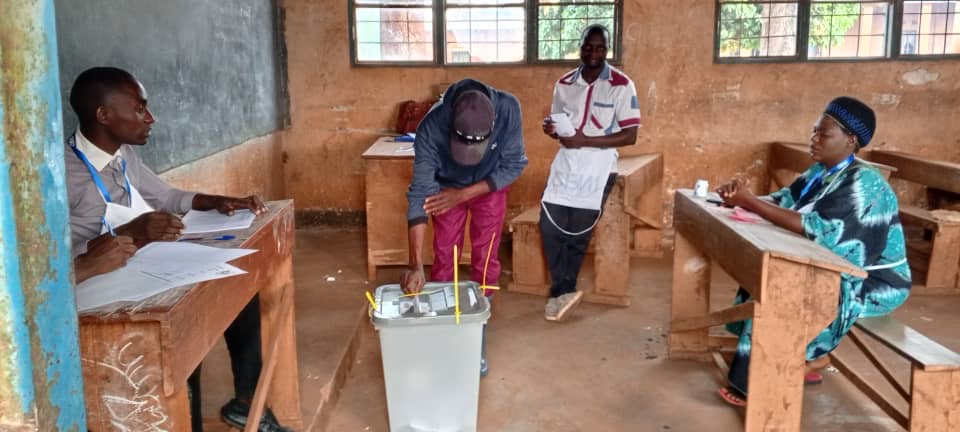Village elections in Bubanza : suspicions of cheating and blocking of results

SOS Médias Burundi
Bubanza, August 27, 2025 — The village elections held on August 25 in the Bubanza region, Bujumbura province (western Burundi), were marked by serious irregularities, particularly in the Bubanza and Mpanda districts. Cases of ballot stuffing, intimidation, and arbitrary arrests were reported. The Independent District Electoral Commission (CECI) is slow to publish the results, fueling frustration and mistrust among residents.
Officially, authorities claim that the vote took place without major incidents. However, in Bubanza Bubanza district, tensions erupted two days before the vote. In Buhororo 2 village, an incumbent elected official seeking re-election was removed from the electoral list and arrested along with six of his supporters. Despite his absence on the election day, he came in first, but his ballots were invalidated.
In the Bubanza Town Center village, a village chief widely favored by the population reportedly won the vote with a lead of more than 800 votes over his rival. However, his victory has still not been declared, even provisionally, leaving residents perplexed.
Violence and arrests in Mpanda
In Mpanda district, clashes broke out between supporters of two rival candidates in Village 5, Gifugwe and Nkuzamuhari. One person was injured and seven others were arrested, who remain in detention to this day. This violence is seen as an intimidation tactic that has discouraged many voters.
The ruling party under fire
Several witnesses and local actors accuse the CNDD-FDD, which already won the lion’s share of the vote in the recent legislative, district, and senatorial elections, of orchestrating these maneuvers to ensure victory for its candidates. The Imbonerakure, the youth league of the ruling party, are also accused of alleged acts of intimidation and fraud.
A test for Burundian democracy
The lack of prompt publication of results and the growing number of protests raise the specter of a local crisis that could spread. Some residents denounce a « facade of democracy » and threaten to assert their right to vote through more visible actions if nothing changes.
In a context where trust in institutions remains fragile, the management of these local elections represents a crucial test for the democratic stability of the small east African nation.

